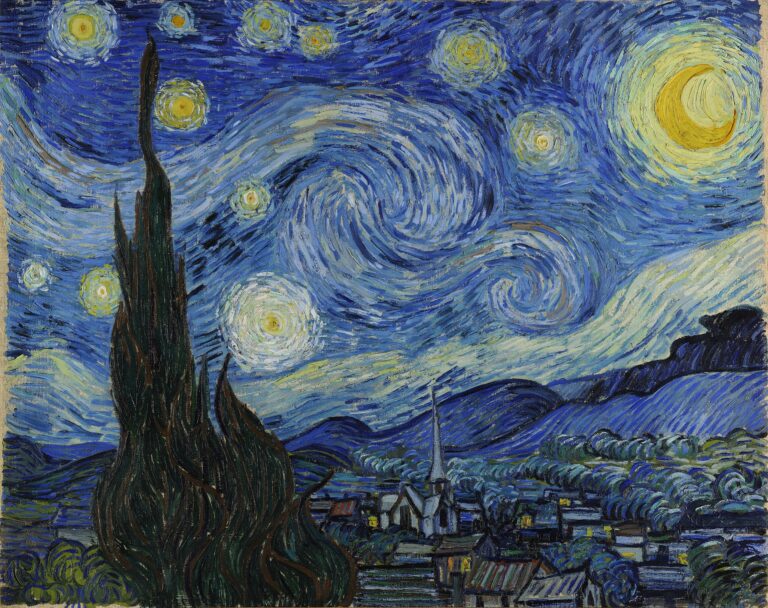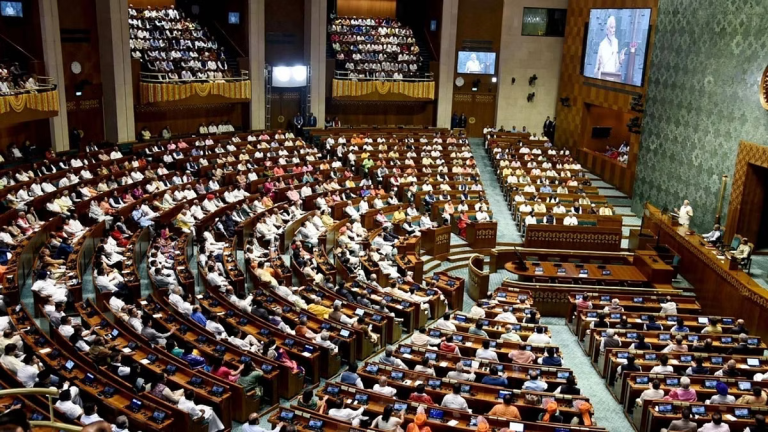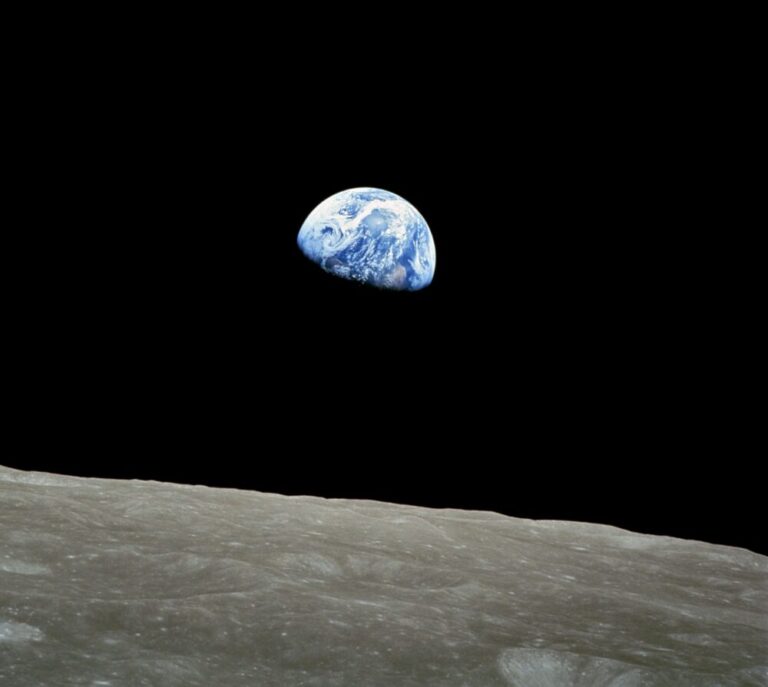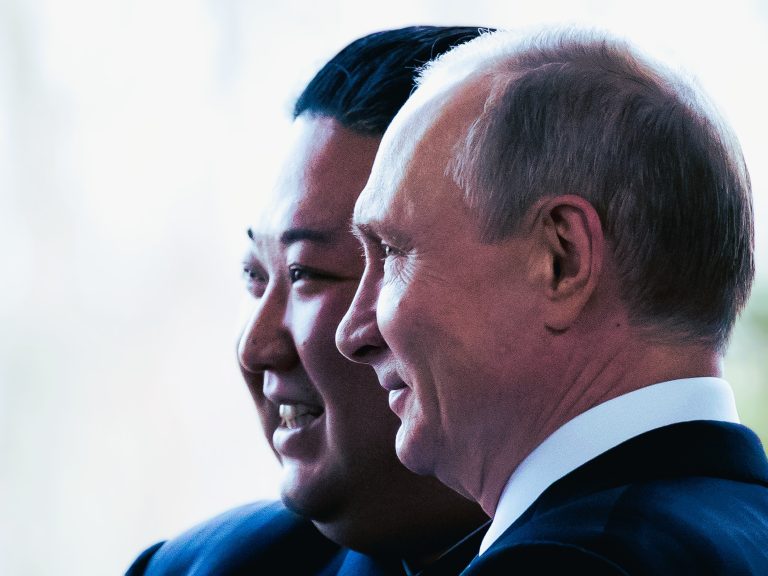The saying “An eye for an eye makes the whole world blind” was a response by Mahatma Gandhi to a commandment found in the Book of Exodus: “An eye for an eye and a tooth for a tooth.”
Why did he retort the commandment?
This is because he was an adamant believer in “ahimsa,” colloquially known as non-violence. “Tooth for a tooth” was interpreted by Mr. Gandhi as a mechanism of perpetually seeking revenge—not as a means of delivering justice. Therefore, he believed it blinded the individual; hence, entrenching malice, angst, animosity, and hatred towards anyone who does not meet eye to eye—with your judgement of what is right or wrong.
While gauging the contemporary polity, is discourse pertaining to ideologies, race, history, religion, conflicts, gender, or even matters that are trivial—on the lines of the latter or the former?
The answer is quite evidentiary.
In fact, the higher echelon around the world—anyone involved in the political process—their actions epitomize all that is “bad” in our society.
Sadly, slowly and gradually their modus operandi has been legitimized—making an amoral individual just another individual, an individual not to be questioned, but however, endorsed for the vitriol actions.
The global zeitgeist is one of doom and gloom, from economic doldrums and pessimism amongst the youth towards feasibility of achieving the utmost, to radical changes in the way of living—constant technological evolutions, and military conflicts that inflict pain on civilians; thus, leading to a lack of trust on institutions that serve as the foundation of a society such as the government, judiciary, media, and big business.
With all the detriments, what is the deliberation that is taking place, may it be in community centers, schools, the workplace?
The tête-à-tête is not of optimism towards the future but of nostalgia for the past.
It is imperative to be explicitly stated that—after all the dilly dallying—and fervor towards the proposition of a “global village,” yes, we have transmogrified to a “global village”, but at what cost?
The change has been so drastic—not in terms of economic or technological in this case, though; it is the cultural shift that has astronomically shifted the pendulum of the general zeitgeist.
In actuality, the exposure towards diverse groups of individuals has not enhanced the rate of inclusion—embracing people from diverse backgrounds; conversely, it has laid the groundwork for furthering the doctrine of identity politics.
There is a litany of reasons given by observers regarding the shift in political discourse.
Most resort to the unchanged assumption, especially the ones inclined towards the Marxian way of thinking, that the global upending is due to the general loss of being socially mobile in an economic environment where economic disparity is at its greatest.
Many draw the conclusion that the Washington Consensus has failed to spread prosperity in an equitable manner; thus, resulting in a backlash; hence, the rise of populist around the world: From Mr. Trump in the United States, the technocrat in El Salvador, Javier Milei in Columbia, Le Penn in France, Meloni in Italy, AFD in Germany, Gert Wilders in Netherlands, the Tories in its current form in the UK, Orbán in Hungary, Erdogan in Turkey, the Law and Justice Party in Poland, the many repressive African regimes, the Taliban in Afghanistan, Modi in India, the Nepalese ruling coalition, the Junta in Myanmar, Anwar in Malaysia, and Putin in Russia—these are just a few from many more which have earned most of their political capital not on the basis of economic anxiety; however, on the contrary from a cultural schism.
One could agree to disagree pertaining to economic policy; such is not the case for race, ethnicity, or religion—which is personal to an individual.
The thrusting of the idea of “othering” has been a top-down approach, and most important, both sides of the political isle have perpetuated the situation by tingling with the emotion of the general public.
Centrism is of meagre existence around liberal democracies in the world.
A political operator will only be able to satisfy the left through the provision of gender-based policies, providing affirmative action, and of course lamenting the wealth creators. Whilst, on the right, spewing hatred towards immigrants, the institutions—the norm—and targeting the most marginalized community—deviating matters of discussion from the nuts and bolts of what prudent governance should be like.
The division has already been fermented, from radical feminism to toxic masculinity—adherence to one of the sides is what politicians’ eye for; diverging from policy ideation, which would be cognizant of the future, for the likes of climate change and ever-evolving technological innovation.
The erosion of rationale thinking, and pragmatism has given leeway to anarchical assessment of the realities of the day and a general lack of scientific temperament.
Rather than irking for a stalemate, in most conflicts amongst groups, reconciliation and solidarity are unattainable due to the hindrance caused by malignantly unconscionable acts of confinement to ideological silos.
Goldilocks from all sides of the spectrum have impeded civil discourse.
A rural conservative whose life is filled with religiosity, would not understand the notion of gender-neutral toilets, their lives have been intertwined with their faith—berating them will not earn anything more than a few brownie points amongst the fringe on social platforms.
Nor will spreading xenophobic messages towards minorities living in urban cities—coining them as “aliens” will do any better.
The zeitgeist is now of tribalism, isolationism, nativism, and protectionism.
No idea or ideology is the messiah of righteousness.
Alas, Martin Luther King’s dream of his kids being judged by the content of their character rather than the color of their skin has not been attainted; regrettably, an eye for an eye has made the whole world blind.






